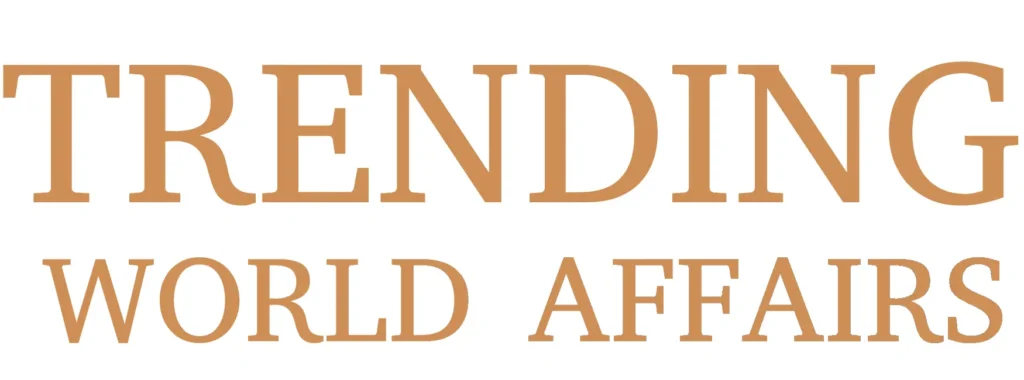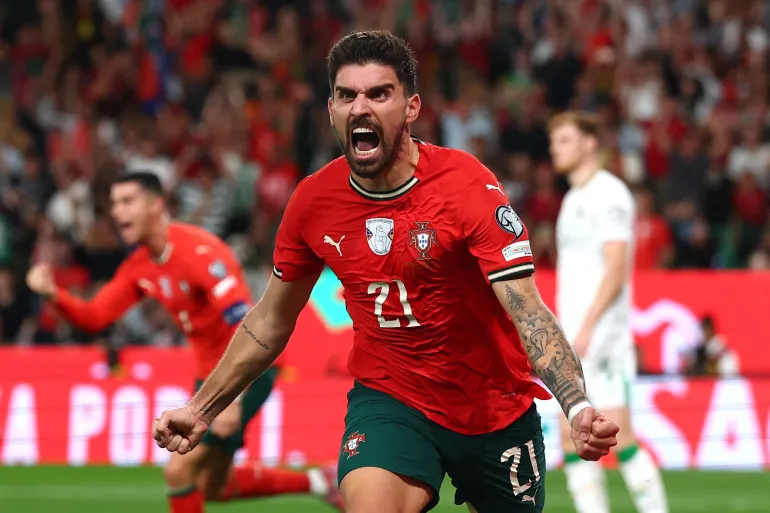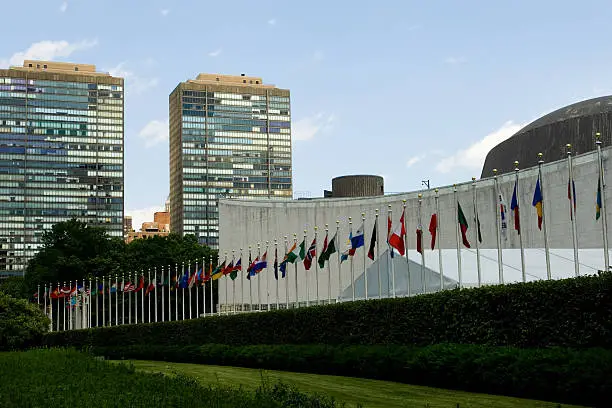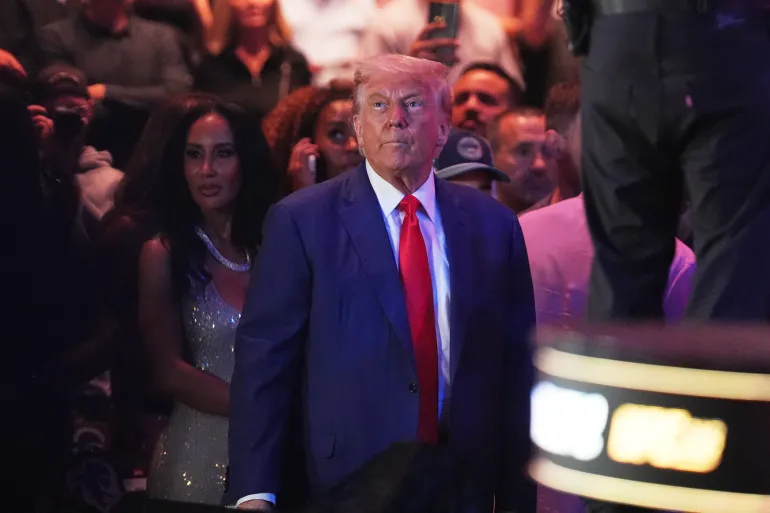Introduction:
Former U.S. President Donald Trump is once again at the center of global attention, this time with a bold new proposal aimed at ending the Ukraine–Russia conflict. As the war continues to devastate Eastern Europe, Trump’s peace initiative could mark a turning point in international diplomacy—or spark fresh controversy.
Trump’s Vision for Peace
Trump has hinted at a plan that involves swift negotiations, stronger U.S. leverage, and a redefinition of NATO’s role. His “48-hour peace deal” claims have been met with skepticism, but also curiosity among world leaders.
Reaction from Ukraine and Russia
While Russia has shown some cautious openness to alternative negotiation formats, Ukrainian officials remain wary. They fear that Trump’s approach could pressure Kyiv into territorial concessions or undermine their sovereignty.
A Shift in U.S. Foreign Policy?
If Trump returns to office, his administration might pull back on military aid to Ukraine and instead focus on brokering a deal that prioritizes U.S. interests over long-term European stability—a sharp contrast to current policy under the Biden administration.
NATO’s Concerns
Trump’s critical stance on NATO funding and alliances raises concerns in Brussels. A peace deal that sidelines NATO could weaken the alliance’s influence and embolden authoritarian regimes.
Global Implications
A U.S.-led peace initiative could realign power structures not just in Eastern Europe, but also across the Middle East and Asia. Allies and adversaries alike are watching Trump’s moves closely.
Criticism and Support
Critics argue that Trump oversimplifies a deeply complex war for political gain. However, his supporters see him as a pragmatic dealmaker who can end the war faster than traditional diplomats.







